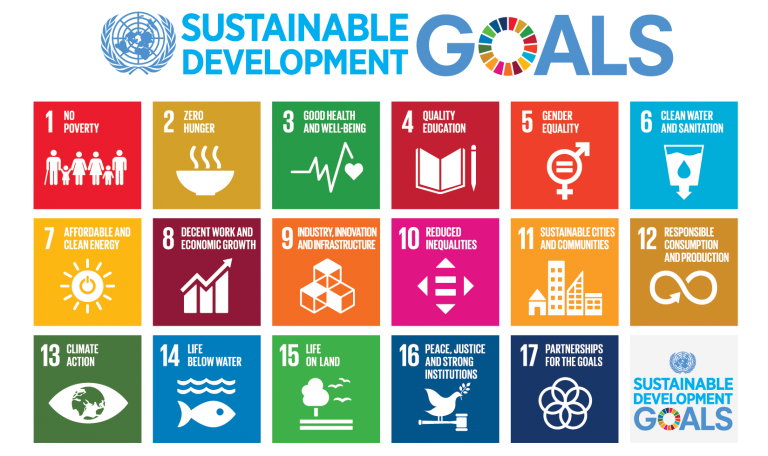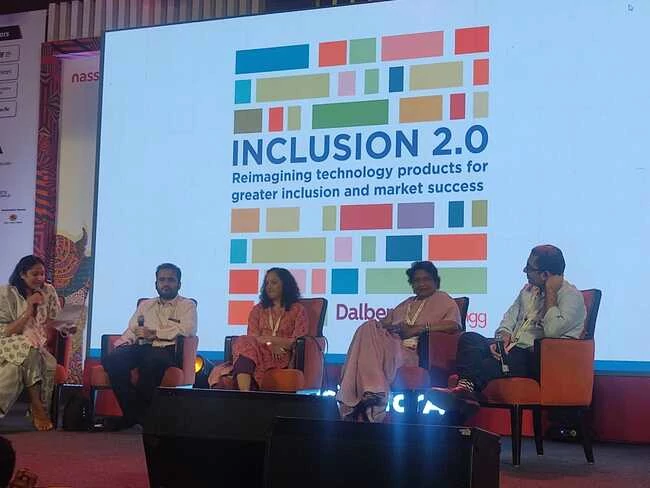Inclusion Through Technology Products & Tools
Technology products and tools have great power. But need to be significantly more inclusive.
Technology products — all the way from mobile phones, grocery apps, mental health apps, edtech platforms, jobs matching platforms, podcast and news streaming services — bring incredible value to people who use them. Similarly, B2B and B2C digital tools that we use – spell checkers in Google docs or Microsoft Word, project management tools, curriculum management tools, organizational HR applications – have the power to shape how their users make choices, how they can be alerted to implicit and explicit biases, and thus drive more inclusive behaviors.
We at Belongg believe that there is incredible value and impact opportunity in a) Creating more inclusive technology products that better serve the needs of users with marginalized identities in terms of gender, race, caste, disability, sexual orientation, religion, ethnicity, and more and b) Developing digital tools that drive more inclusive behavior and choices by their users.
We are building such tools ourselves (BelonggAI), putting together programs to enable technology product companies to build these (The Inclusive Product Management Fellowship), and also carrying out research and hosting conversations related to these ideas. We’d love to chat with likeminded individuals and organizations.

Belongg AI
Embedding Inclusion In SDG Research, Program Design, & Funding
Billions of people in LMICs with marginalized identities (gender, caste, disability, sexual orientation, ethnicity, religion) experience sub-optimal outcomes across different domains in life. This happens because of prejudice/bias on the one hand and poorly designed public and development programs/policies on the other that don’t take into account unique needs of these segments.
Despite their importance, such intersectional considerations often get overlooked in SDG activities, leading to gaps in addressing the challenges faced by marginalized groups. Epistemic inclusion, or the integration of equity considerations in SDG research and program design is vital going forward.
Belongg along with collaborators such as J-PAL South Asia and Dalberg Advisors has been working on these issues over the last two years and has hosted a knowledge platform called xSDG (intersectional SDGs), carried out conferences (the xSDG UnConference).
We are now building BelonggAI, an innovative LLM-based tool that will enable development practitioners, funders, and researchers uncover how their work might be excluding these considerations and how it could be be more inclusive of marginalized groups. Recent advances in LLMs have made it possible to develop tools that will dramatically improve the ability of stakeholders to discover intersectional aspects that might be missing in their work and provide recommendations to incorporate these into their research, policies, and programs and we are keen on pushing the envelope here.
Our hope is to influence development researchers, practitioners and funders in diagnosing and adopting more equitable and inclusive approaches that better serve the needs of people with marginalized identities.
Inclusive Product Management Fellowship
Technology and innovation are rapidly enabling the fulfilment of critical needs through well designed products and services. However, people with diverse identities not only face accessibility challenges but also find that existing products and services do not fully address their unique needs.
Belongg, with other partners, is establishing the Inclusive Product Manager Fellowship – a joint research and design program to create and grow Inclusive Product Managers and Product Teams. The Fellowship would equip early-stage and seasoned product managers with the tools, skills and networks to build products that are more inclusive of diverse identities.
The Fellowship would also focus on training individuals from diverse identities to become skilled Product Managers with the technical ability to drive product design at large organizations.
The Fellowship will have a range of pillars including learning about inclusive design, user research and immersions, prototyping support, expert sessions, support with making the business case for product inclusion, and more.
Over three years, we hope to influence at least 200 product teams and collectively drive product inclusion for at least 100 million users with marginalized identities.

Driving Conversations & Direct Engagements
In addition to building tools and inclusive product management programs, Belongg is also driving research and conversations focused on inclusive products and services.
We’ve held a number of workshops and conferences in partnership with organizations such as NASSCOM Foundation, Dalberg, Mission Accessibility, Interweave, and more.
We’ve worked directly a number of technology product companies on product inclusion engagements.
Our work has been showcased in publications such as Forbes, IDR, The Wire and other leading publications. We are also about to launch a podcast on Inclusive Products & Services soon.
We’d love to hear from you in case this is of interest.